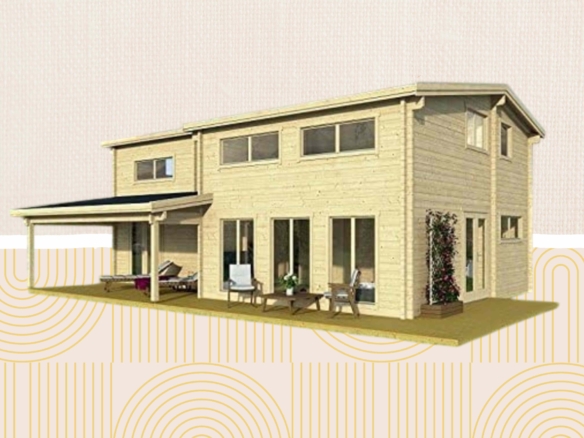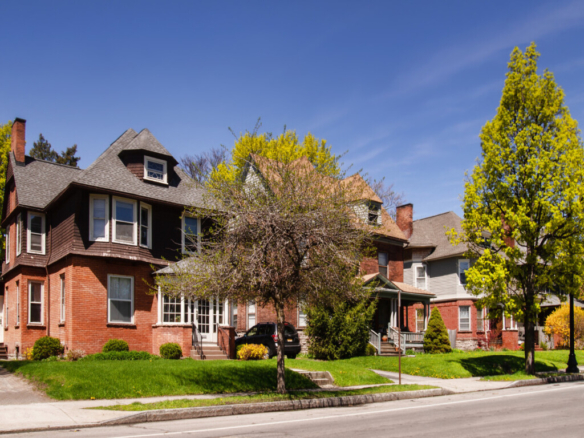
Buying a home is one of the biggest financial milestones, and for many people, the monthly mortgage payment quickly becomes just another line in the budget. If you’ve ever wondered whether paying off your mortgage early is possible, the answer is yes, and it can be a smart way to save on interest and gain peace of mind.
In this Redfin article, we’ll break down what early mortgage payoff really means, when it makes the most sense, and strategies you can use, like making extra payments, to pay down your loan faster. Whether you’re building a life in a house in Los Angeles, CA or settling into a home in Dallas, TX, understanding your options can help you make the best financial decision for your future.

Can you pay off your mortgage early?
Yes, most lenders allow you to pay off your mortgage ahead of schedule by making extra payments, increasing your monthly payment, or paying the loan in full. In the U.S., most mortgages don’t have prepayment penalties, but some do – so confirm with your lender before moving forward.
How to pay off your mortgage early
If you’ve decided early repayment is right for you, here are some practical ways to do it:
- Make extra principal payments: Add a little extra toward the principal each month or make an additional payment once or twice a year.
- Round up your payments: Instead of paying $1,250, round it up to $1,300. Those small amounts add up over time.
- Switch to biweekly payments: Paying every two weeks instead of monthly results in 26 half-payments, which equals 13 full payments each year instead of 12. This works out to roughly one extra monthly payment each year.
- Apply windfalls: Use tax refunds, bonuses, or side hustle income to pay down your mortgage balance.
- Refinance to a shorter term: A 15-year mortgage has higher monthly payments but significantly less interest over the life of the loan.
>>Also read: How to Lower Your Mortgage Payment
Example: How much you could save with extra payments
Let’s say you have a $300,000 mortgage at a 6% interest rate on a 30-year loan. Here’s how much faster you could pay it off, and how much interest you’d save, by making extra payments:
| Extra Payment Strategy | Loan Paid Off In | Interest Paid | Total Interest Savings |
| No extra payments | 30 years | $347,515 | $0 |
| $100 extra per month | ~26 years | $296,301 | $51,214 |
| $250 extra per month | ~22 years | $248,210 | $99,305 |
| $500 extra per month | ~18 years | $196,275 | $151,240 |
| Biweekly payments* | ~25 years | $287,916 | $59,599 |
*Biweekly = 26 half-payments per year, which equals 13 full payments instead of 12.This produces savings similar to making one extra monthly payment each year.
>>Also read: How Much Does Interest Rate Affect Monthly Payment?
When does paying off your mortgage early make sense?
Paying off your mortgage early is most beneficial if:
- You have a high interest rate and refinancing isn’t an option.
- You’re nearing retirement and want to eliminate monthly housing costs.
- You have stable income and strong emergency savings, so you won’t be cash-strapped after paying extra.
- You value peace of mind and financial security over maximizing potential investment returns.
On the other hand, if your mortgage has a low interest rate and you could earn more by investing your money elsewhere, it may make sense to stick with your regular payments while building wealth in other ways.
Pros of paying off your mortgage early
- Save on interest: The faster you pay off your loan, the less interest you’ll pay over time.
- Peace of mind: Owning your home outright can give you financial security and stability.
- Lower monthly expenses: Without a mortgage payment, you free up cash flow for retirement savings, travel, or other priorities.
- Build wealth faster: With no mortgage, more of your income can go toward investing or other financial goals.
>>Also read: When It Makes Sense to Buy Down Your Mortgage Interest Rate
Cons of paying off your mortgage early
While becoming mortgage-free is appealing, it’s not always the best financial decision for everyone.
- Possible prepayment penalties: Some lenders charge fees for paying off your loan early.
- Lost tax deductions: If you itemize, paying off your mortgage could reduce your mortgage interest tax deduction. But this only matters if your itemized deductions exceed the standard deduction – many homeowners already use the standard deduction, so this may not affect you.
- Tied-up cash: Once you pay off your home, your money is tied up in your property. You may have less liquidity for emergencies, investments, or other financial needs.
Mistakes to avoid when paying off your mortgage early
Paying off your mortgage ahead of schedule can be smart, but only if you avoid common pitfalls. Here are mistakes to watch out for:
- Forgetting to specify “principal only”: When you make extra payments, you’ll need to tell your lender to apply them toward your loan principal. Otherwise, they may apply it to future interest or upcoming payments, which doesn’t reduce your balance as quickly.
- Not checking for prepayment penalties: Some lenders charge fees if you pay off your mortgage early. Review your loan documents or ask your lender before making large extra payments.
- Overlooking higher-interest debt: If you carry balances on credit cards or personal loans, focus on those first. Since they usually have higher interest rates than a mortgage, paying them off will save you more in the long run.
- Ignoring your emergency fund: Don’t funnel every extra dollar into your mortgage if it leaves you without savings. Unexpected expenses like medical bills, car repairs, or job changes can create financial stress if you don’t have cash on hand.
- Cutting back on retirement savings: It may feel good to be debt-free, but pulling money away from retirement accounts (especially those with employer matches) may cost you more in long-term growth than you’d save in interest.
- Paying off too aggressively without considering other goals: Homeownership security is important, but so is funding education, travel, or other investments. Make sure your early payoff plan fits into your overall financial strategy.
Frequently asked questions about paying your mortgage off early
1. Is it a good idea to pay off your mortgage early?
It depends on your financial goals. Paying off your mortgage early can save you money on interest and give you peace of mind, but it may not always be the best option if you could earn a higher return by investing your extra funds elsewhere. Consider your long-term priorities before making a decision.
2. How can I pay off my mortgage early without penalty?
Start by reviewing your loan agreement to see if your lender charges a prepayment penalty. If there isn’t one, you can pay extra toward your principal each month, make biweekly payments, or apply bonuses and tax refunds directly to your loan balance. Even small additional payments can help shorten your loan term.
3. Does paying off a mortgage early affect your credit score?
Not significantly, though your mortgage does contribute to your credit mix and length of credit history. Your score may dip slightly when the loan is closed, but your record of on-time payments remains. Over time, being mortgage-free is usually a net positive.
4. Do small extra payments really make a difference?
Yes. Even rounding up your monthly payment or adding $100 each month can shorten your loan term by years and reduce your total interest costs.
5. Can I pay off my 30-year mortgage in 15 years?
Yes, many homeowners choose to pay off a 30-year mortgage faster by making extra payments or refinancing into a 15-year loan. A shorter term often comes with higher monthly payments but significantly less interest paid over the life of the loan.
6. When does paying off your mortgage early make sense?
It often makes sense if you have a higher interest rate, want to retire without mortgage payments, or already have a strong emergency fund and minimal other debt. If your mortgage rate is low, you might benefit more from investing extra money elsewhere.
7. Can you pay off your mortgage early with a lump sum?
Yes. Making a one-time lump-sum payment directly to your principal can reduce your loan balance quickly. Just confirm with your lender that the extra payment is applied to the principal and that no prepayment penalties apply.
8. What is the fastest way to pay off a mortgage early?
The fastest strategies include making biweekly payments, refinancing to a shorter term, or applying large lump sums from bonuses, inheritances, or side income toward your loan principal.
The post Can You Pay Off Your Mortgage Early with Extra Payments? appeared first on Redfin | Real Estate Tips for Home Buying, Selling & More.





Join The Discussion